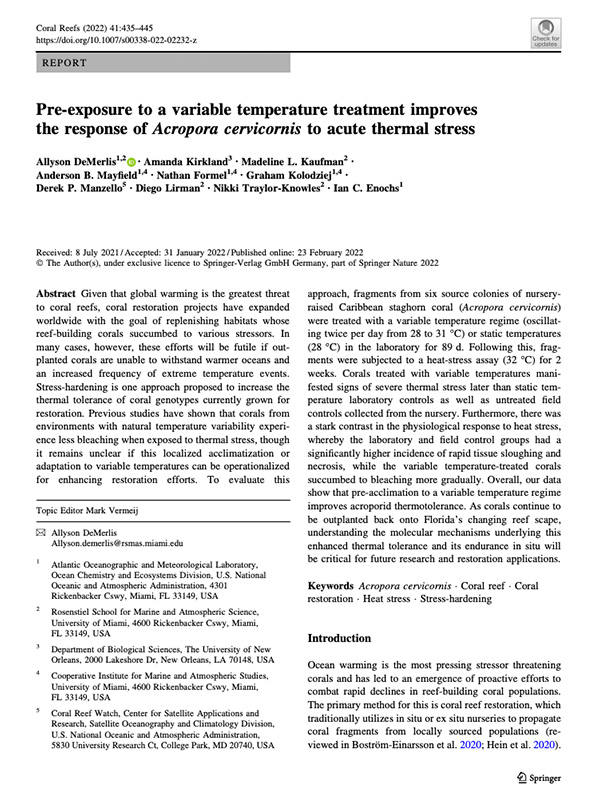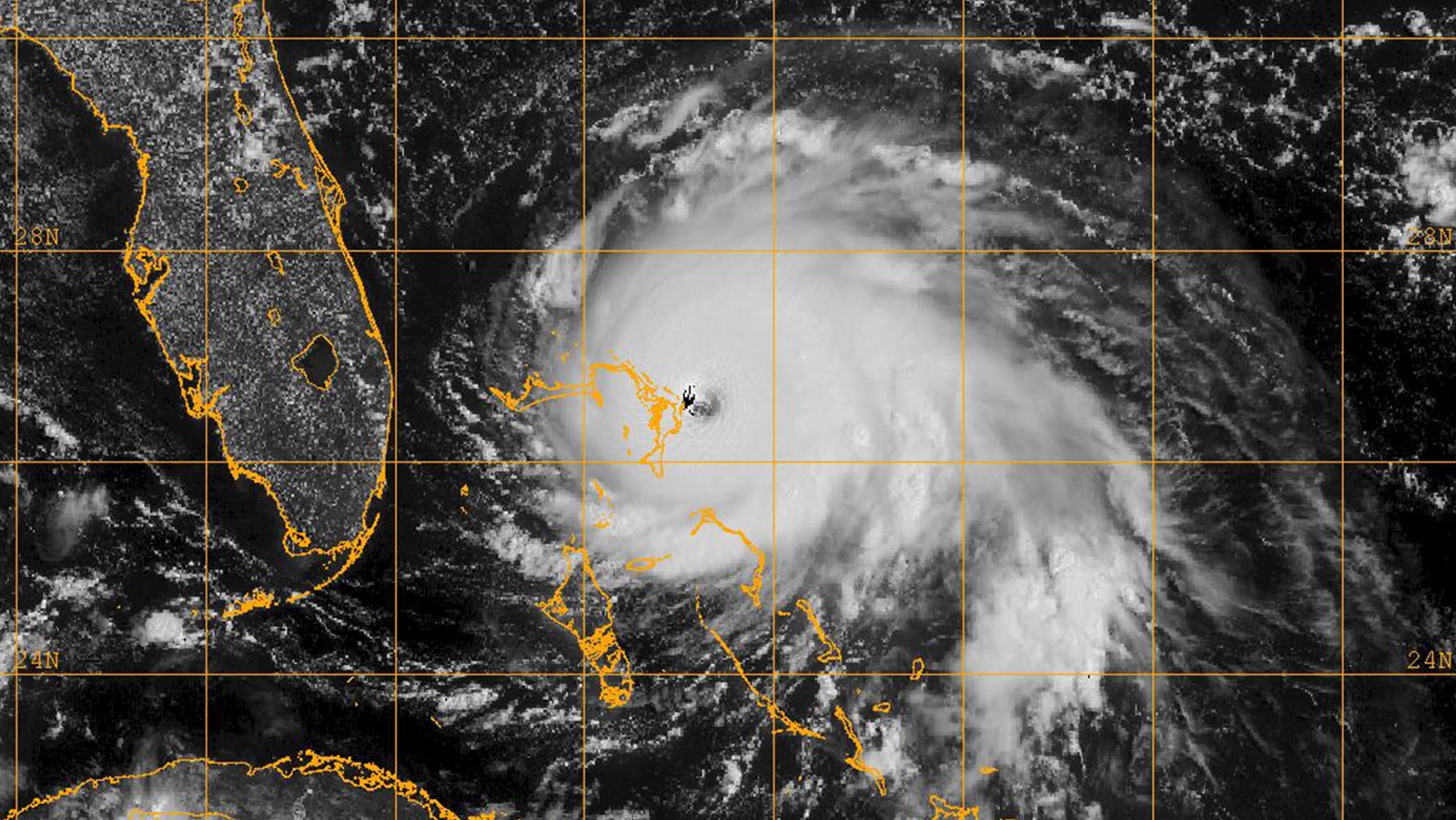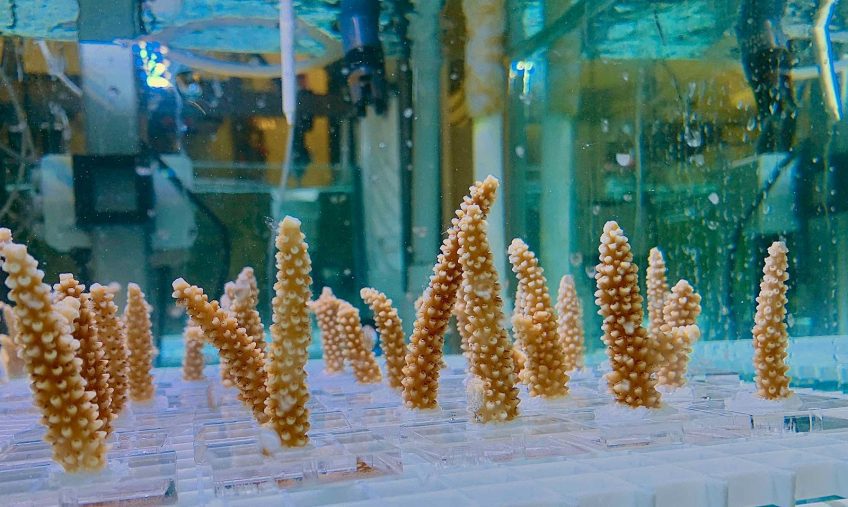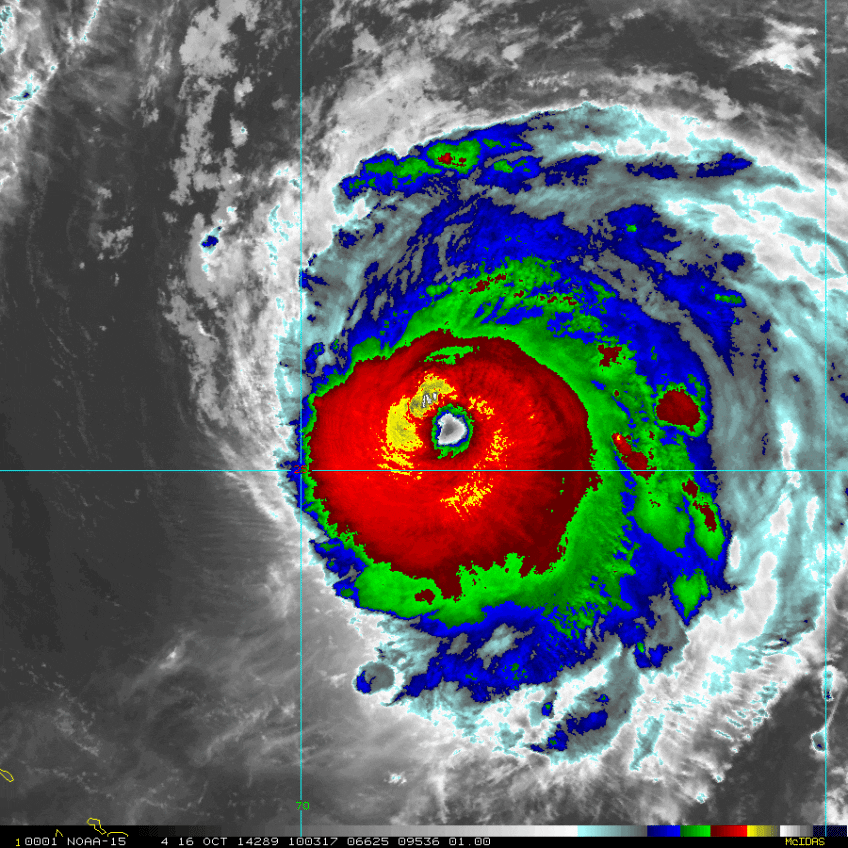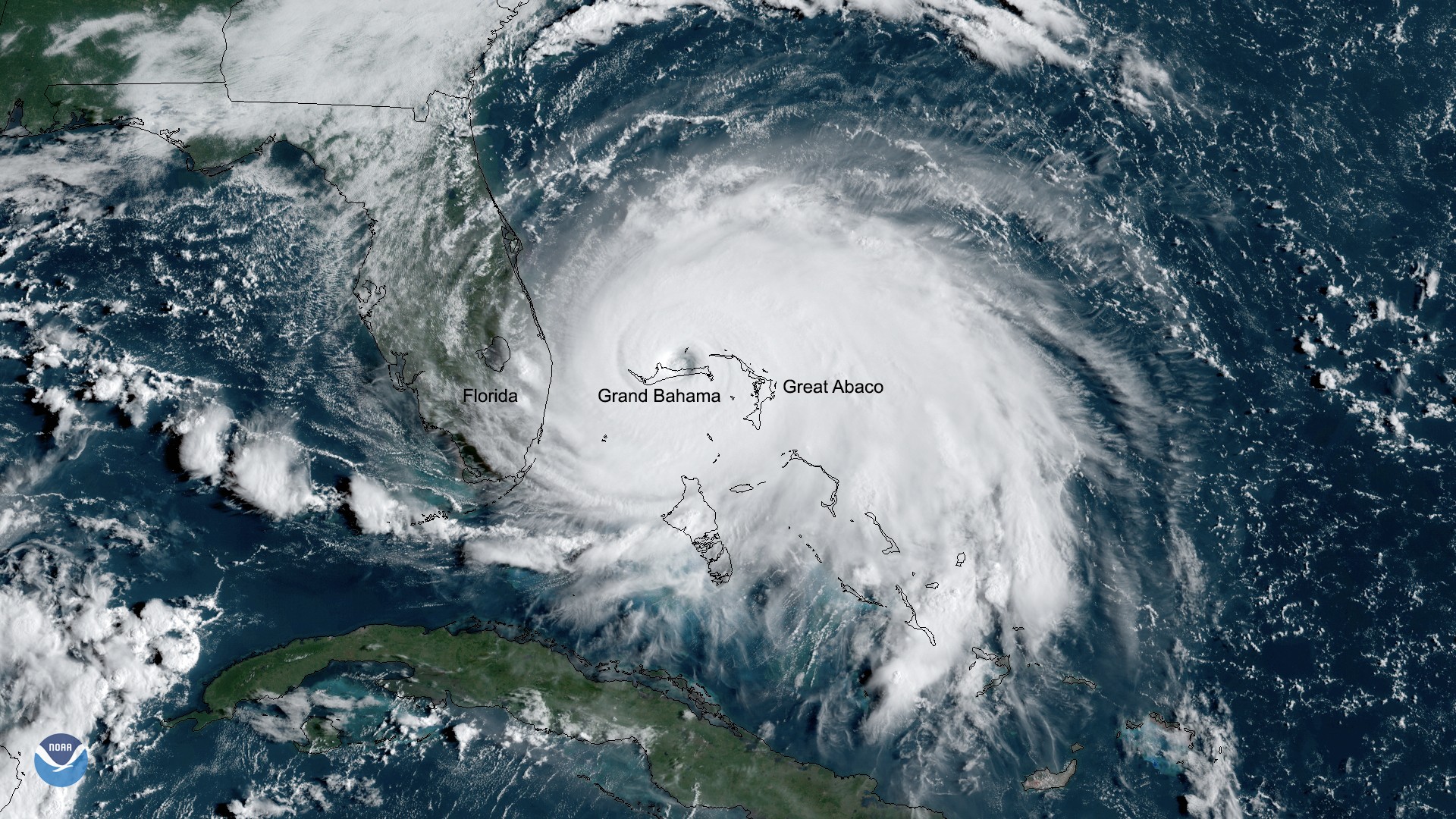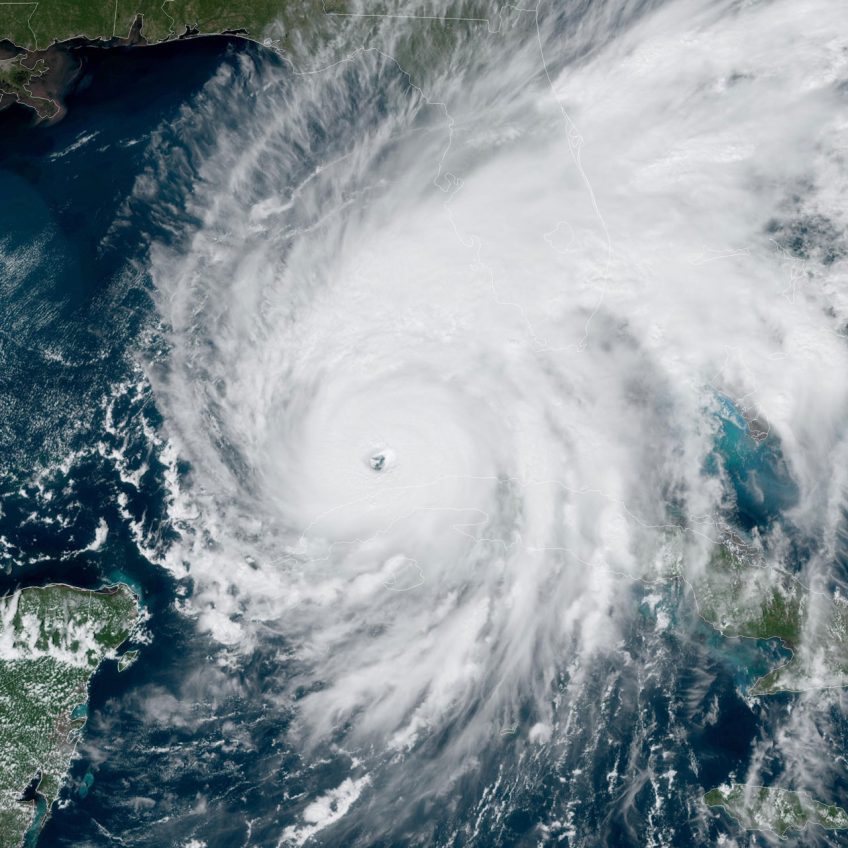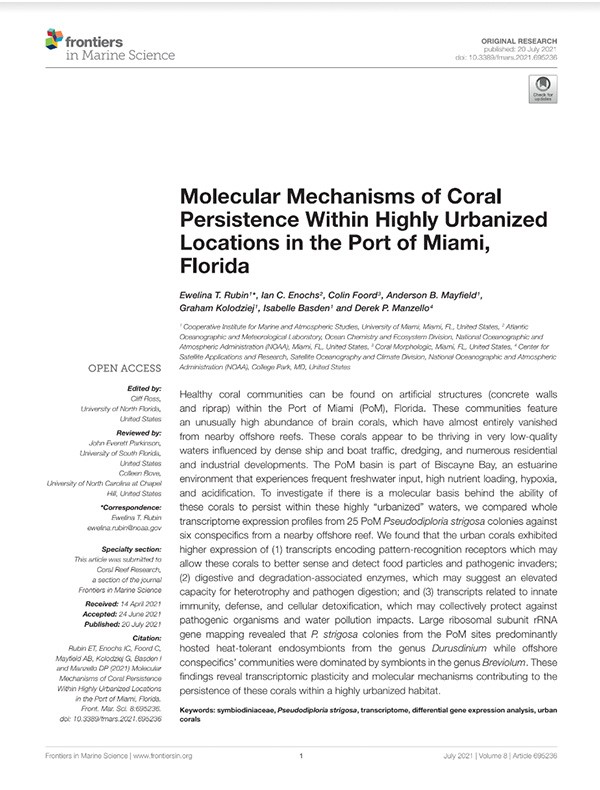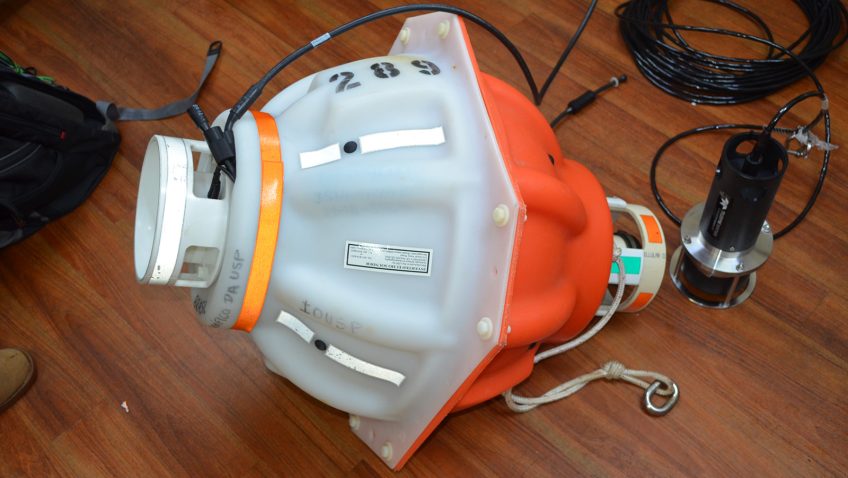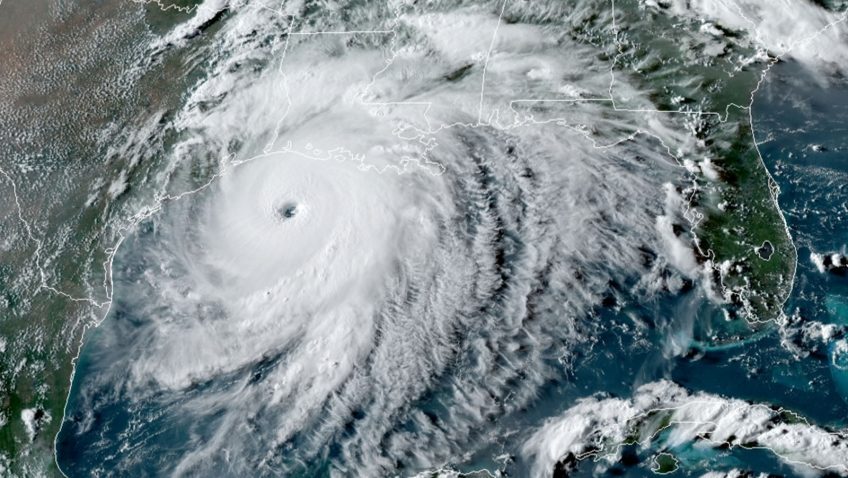Pre-exposure to a variable temperature treatment improves the response of Acropora cervicornis to acute thermal stress
DeMerlis, A., Kirkland, A., Kaufman, M. L., Mayfield, A. B., Formel, N., Kolodziej, G., Manzello, D. P., Lirman, D., Traylor-Knowles, N., & Enochs, I. C. (2022). Pre-exposure to a variable temperature treatment improves the response of Acropora cervicornis to acute thermal stress. Coral Reefs, 41(2), 435-445.
Given that global warming is the greatest threat to coral reefs, coral restoration projects have expanded worldwide with the goal of replenishing habitats whose reef-building corals succumbed to various stressors. In many cases, however, these efforts will be futile if outplanted corals are unable to withstand warmer oceans and an increased frequency of extreme temperature events. Stress-hardening is one approach proposed to increase the thermal tolerance of coral genotypes currently grown for restoration. Previous studies have shown that corals from environments with natural temperature variability experience less bleaching when exposed to thermal stress, though it remains unclear if this localized acclimatization or adaptation to variable temperatures can be operationalized for enhancing restoration efforts…
